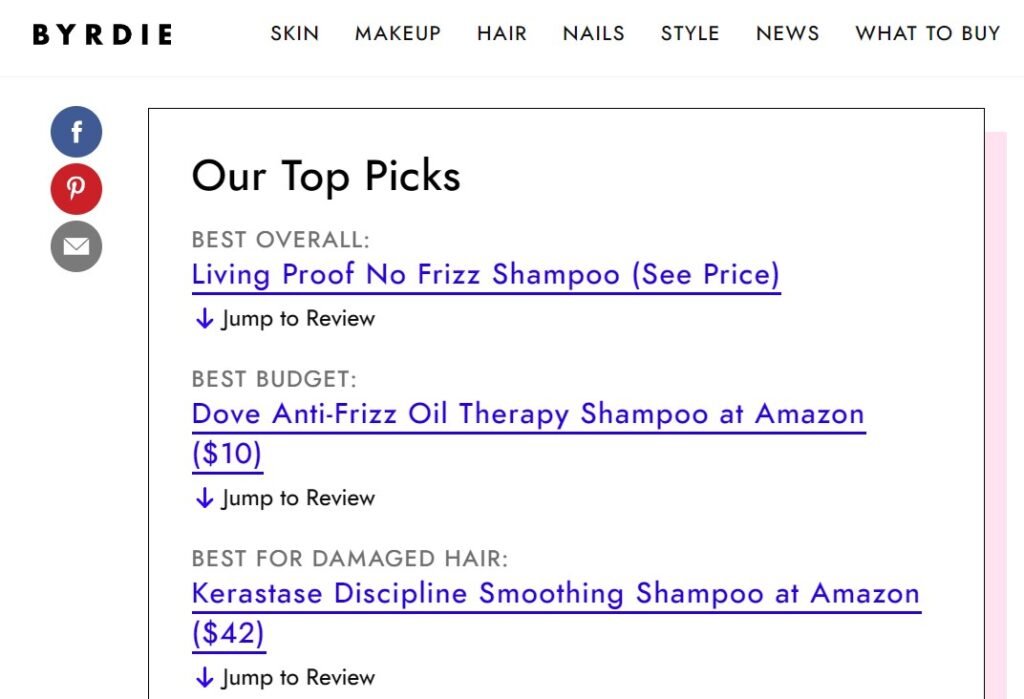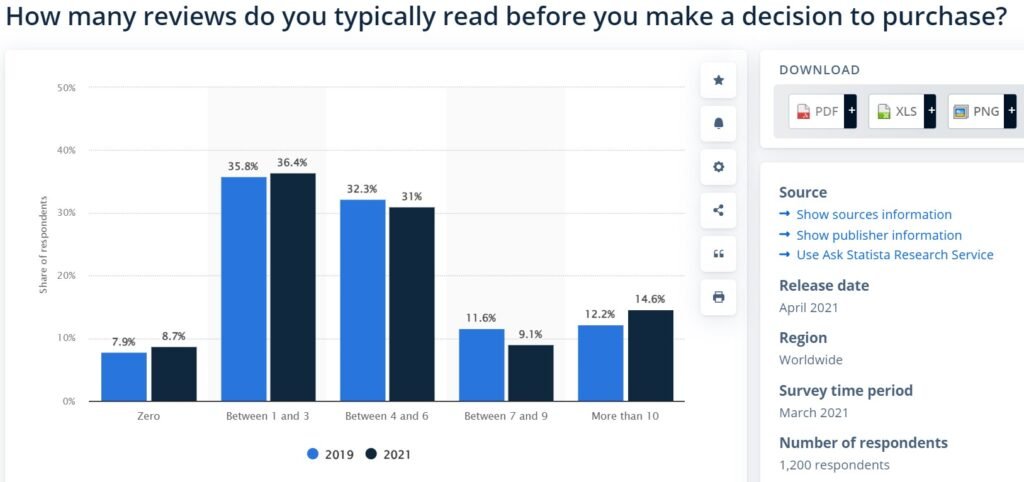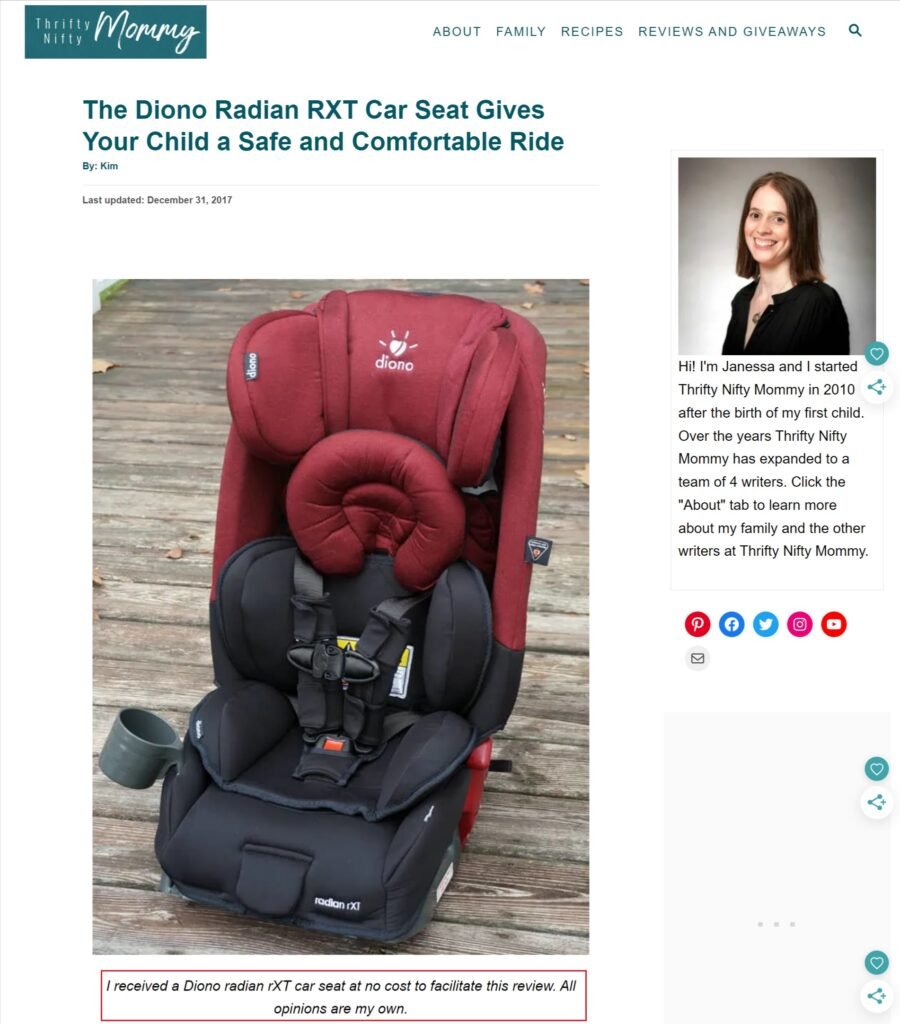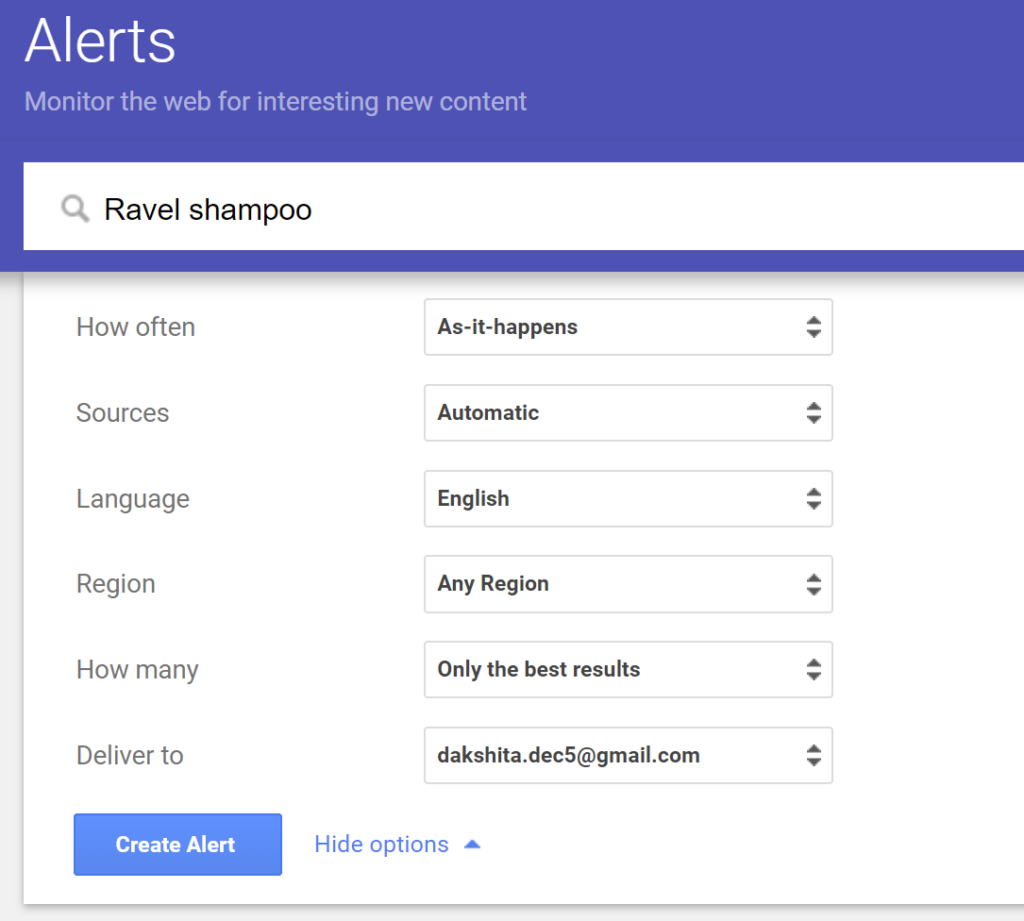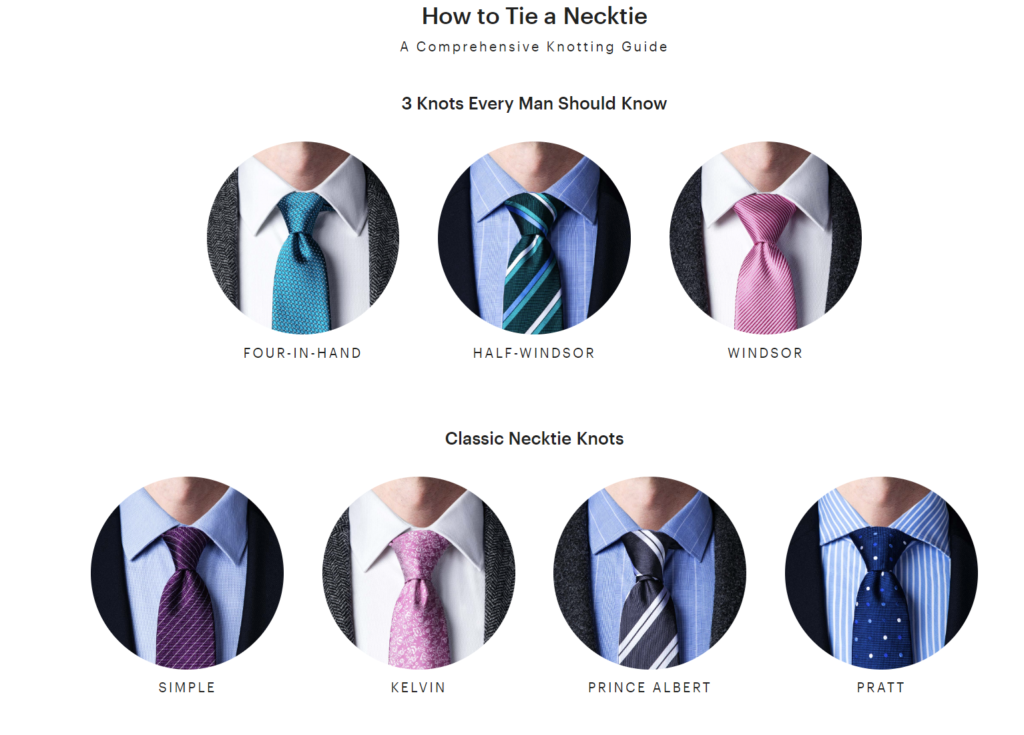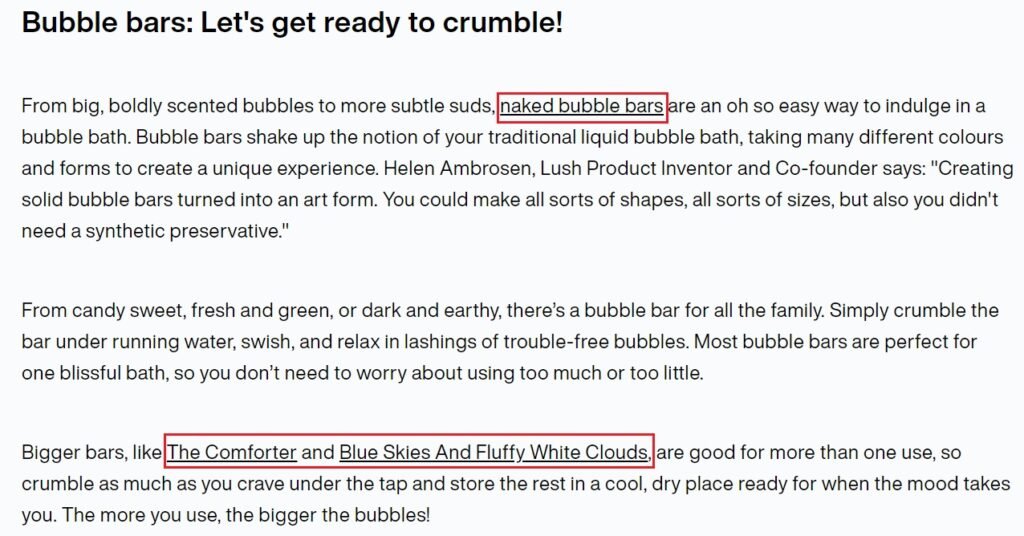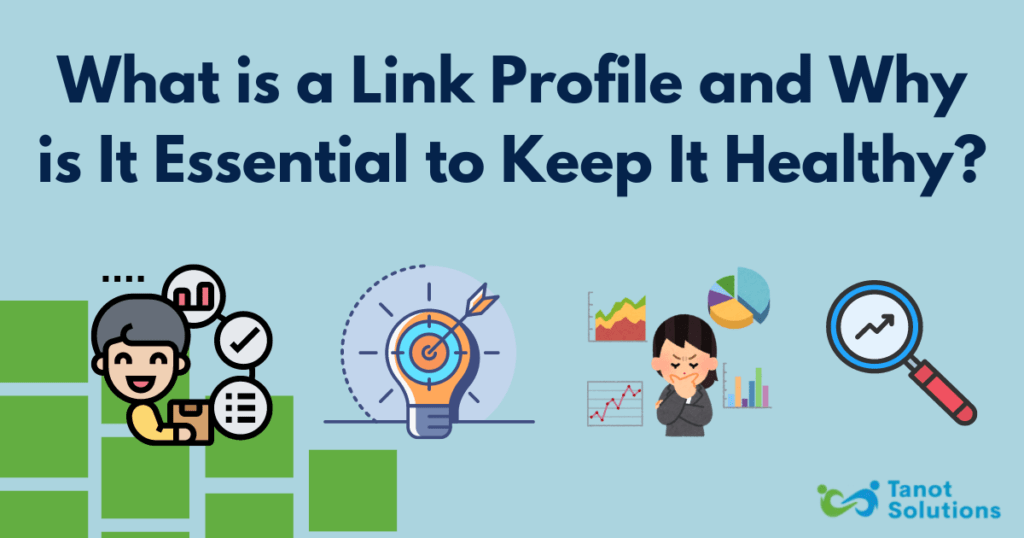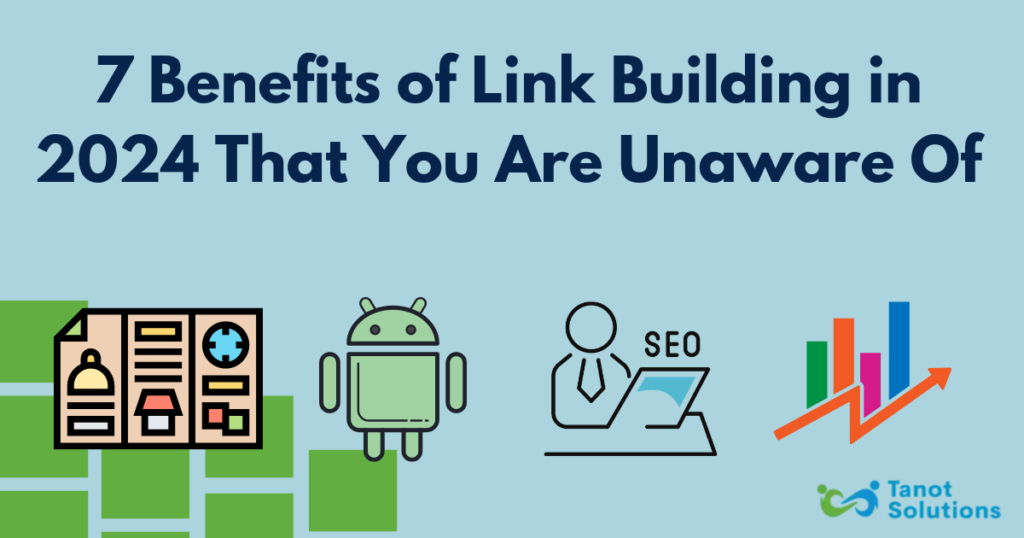Link building serves more purposes for ecommerce websites than any others. For ecommerce websites, it’s not just about SEO and authority, but also about sales and conversions.
By building links from relevant websites in your niche, you can direct relevant traffic to your ecommerce site and even to your product pages. This helps generate more sales in addition to being good for SEO and SERP rankings.
In this guide, you’ll learn advanced ecommerce link building strategies that go beyond the clichés like guest posting and broken link building. Let’s get right to it.
6 Advanced Link Building Strategies for Your Ecommerce Business
Build high-quality links to your ecommerce site using our effective ecommerce link building strategies and drive more relevant traffic to your ecommerce store. Make sure you focus your ecommerce link building efforts on websites that have an audience similar to the demographics of your potential customers.
Here are some of the must-try ecommerce link building tactics for your online store:
1. Get your products listed in roundups
One of the best link building strategies for ecommerce businesses is to get their products listed in product roundups and listicles. These posts list a bunch of the best products in a category from various ecommerce brands and help potential buyers find the right product for their needs.
The people searching for the best products in a category are high-intent consumers who want to buy a product and are comparing various available options. If you get your product listed in such roundup posts, you can drive high-intent traffic directly to your product pages.
Here’s how you can get your products listed in roundups:
- Search for “best + product type + use case or benefit or target customer or problem” and find the top posts. For example:
- Best running shoes for professional athletes, or
- Best shampoo for dry and frizzy hair
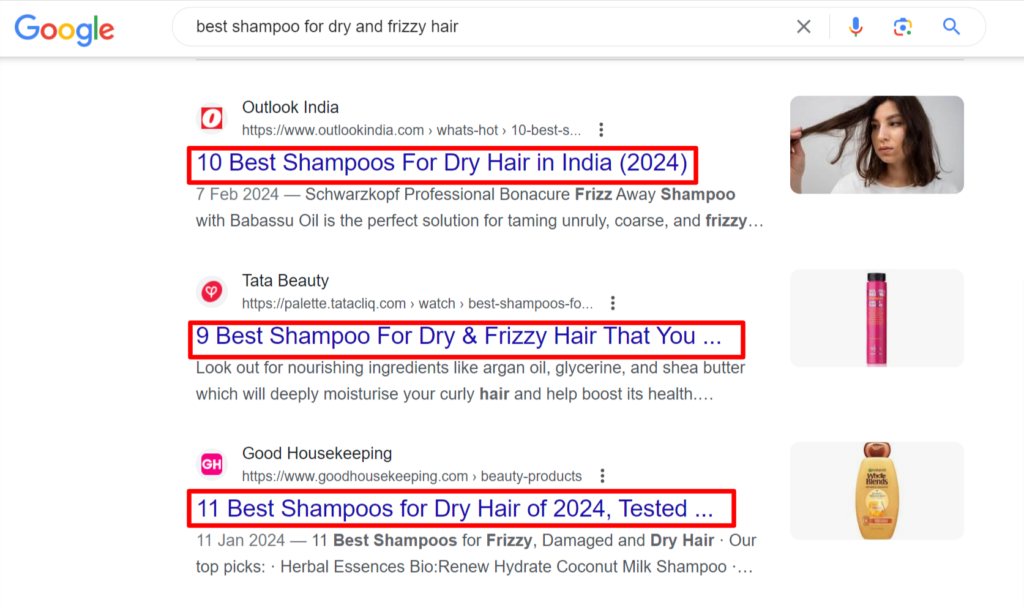
- Alternatively, use tools like Semrush or Ahrefs to find the top-ranking posts for the “best products for [your product type/purpose]” keyword.
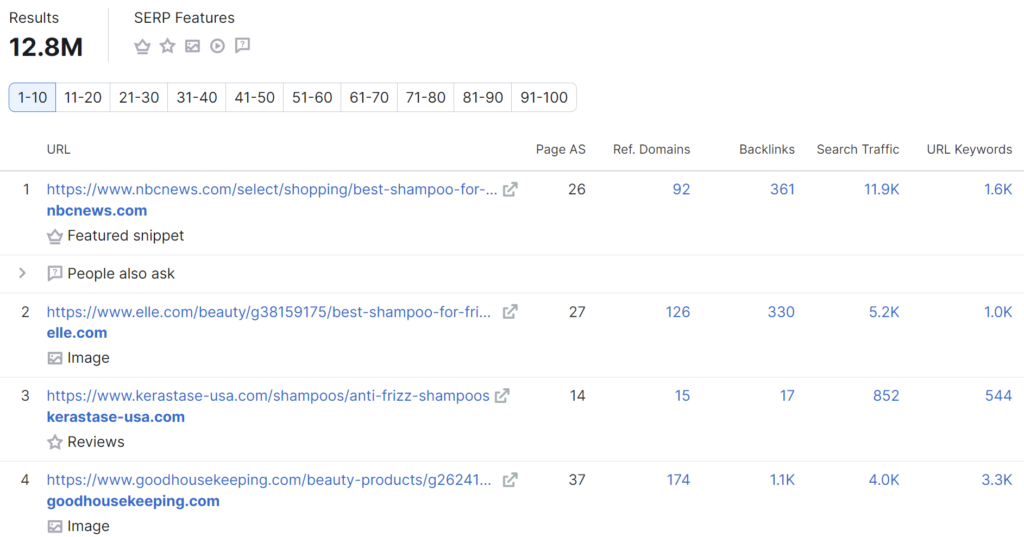
- Reach out to the publishers or editors of the top-ranking product roundups and request them to include your product (with a link) in the article. Don’t forget to tell them why your product deserves a mention.
- You can also convince them by sending a free product to try or providing an insightful product description yourself, to make their job easier.
- Follow up with people who don’t respond, but don’t spam their inboxes.
This strategy will help you build quality backlinks for your ecommerce website and drive referral traffic with higher conversion potential to your target page.
Here’s an example of a product roundup with direct purchase links for each product:
Alternatively, you can get sponsored listings, where you pay a publisher to add your product to the top of the list. We recommend trying the first way and then using the later tactic only to get top listings on websites with high domain authority. Read our guide on buying links before you do this.
2. Ask for product reviews from influencers and bloggers
According to Statista, 67.4% of people read 1-6 reviews on high-authority sites and social media platforms before purchasing a product.
Reviews from influencers hold more value as people trust the influencers they follow. Another study revealed that 28% of consumers discover new products based on influencer recommendations.
What does this mean for you?
You should find relevant social media influencers and bloggers in your niche and get them to write detailed product reviews. Ensure you secure links to your products to drive traffic to your ecommerce website and, eventually, convert that traffic into sales.
Send free products to notable bloggers and influencers in your niche to improve your chances of getting a review. Here’s an example, where a mom blogger reviewed a car seat that she received for free:
The disclaimer at the end shows that though she received the product for free, her opinions are not biased. This adds trust and credibility to the review, making prospective customers more likely to check out the product.
You can also leverage affiliate marketing and pay commissions to bloggers for each sale made using their ecommerce link. This will incentivize them to create content that promotes your products and build links to your ecommerce site.
3. Claim unlinked brand mentions
This is a simple yet effective link building strategy and here’s how it works:
- Find websites with high-quality content that includes unlinked brand mentions 一 mentions of your brand or products without a link to your ecommerce store.
- Reach out to the website editors and ask for links to your brand or product mentions.
But how will you find unlinked brand mentions?
Use an SEO tool like Semrush or Ahrefs to find mentions. Ahrefs Content Explorer tool, for example, can help you do that. Type your brand or product name and exclude your website using the minus sign followed by your website URL.
For example: “Ravel shampoo” – site:ravelcare.com
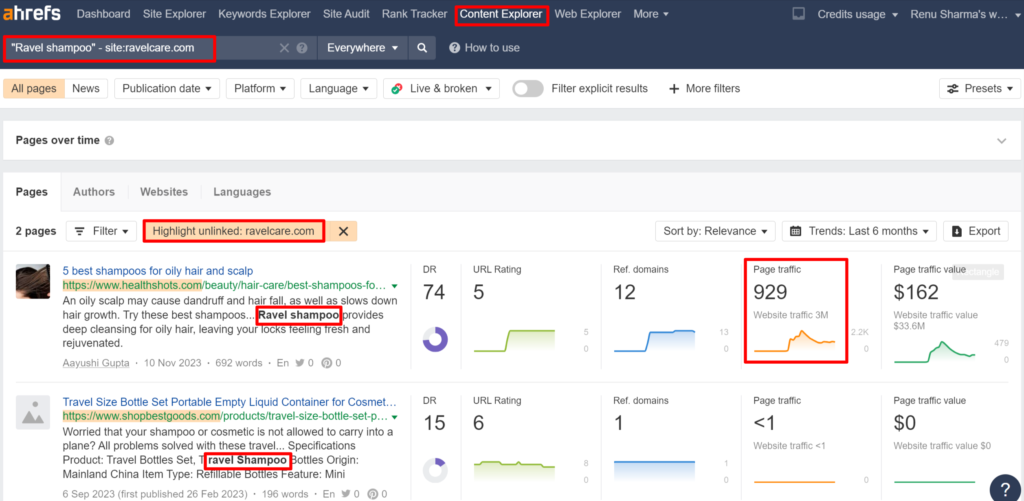
You can easily find web pages with unlinked mentions of your brand or product. Filter the results by domain authority and page traffic to shortlist the most valuable websites to build links from.
Another thing you should do is to set up Google Alerts for your brand name and product names. Every time someone mentions you online, you’ll get a notification and you can check if it’s linked or unlinked. Contact the website owner for quality links in case of an unlinked mention. Most site owners are quick to add relevant links, especially to their new/freshly updated content.
4. Use reverse product image link building
This ecommerce link building tactic is not used as much as it should be. It involves doing a reverse search for your original product images online and finding instances where your images have been used without credit and link. Contact those website owners and politely request inbound links to your relevant page.
Here’s how to use this advanced link building strategy for your ecommerce sites:
- Find original and valuable product images or related graphics on your website.
- Use Google Images to perform a reverse image search and find websites that are using your images. You simply need to go to the search bar, choose the images option, add an image, and search for it.
- Reach out to online publications and other websites that have not provided image credit and link to your website, and get external links from them.
5. Create and publish linkable assets on your ecommerce site
This is a sustainable and organic link building strategy for ecommerce websites. It involves creating high-quality, linkable assets that organically attract relevant backlinks.
Some types of content that can get you a natural link back from relevant sites, include:
- Infographics on industry-relevant topics
- Original research studies, surveys, or other helpful resources related to your niche
- In-depth product guides, tutorials, and resource pages
- Comprehensive and evergreen how-to guides with high-quality content
Take this comprehensive resource on “How to Tie a Necktie” by Ties.com, for instance.
It acts as a one-stop guide for anyone who wants to learn how to tie different knots in a necktie and other websites link to it to provide value to their audience.
An analysis by Ahrefs’ Backlink Checker shows that this web page has 349 backlinks from 157 domains.
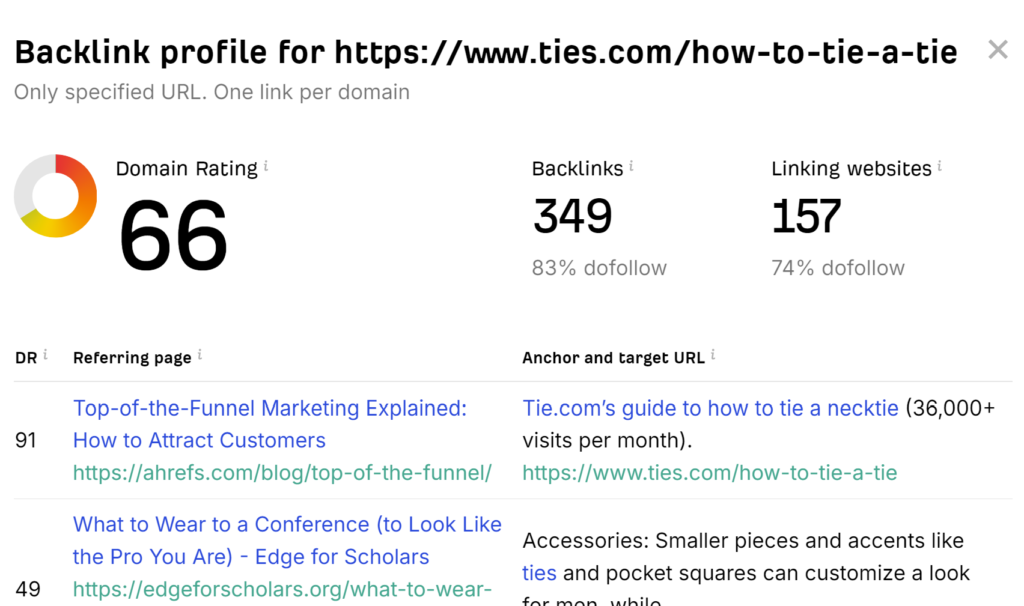
6. Get directory and Google Business listings
Building links through directory and Google Business listings is another effective strategy for ecommerce link building. This tactic is best suited for local businesses or businesses that target specific geographies.
Here’s how ecommerce sites can drive organic traffic through business listings:
- Claim a Google Business profile, formerly Google My Business (GMB) listing for your website, with a link to your own site. If you have regional websites or pages, claim multiple, region-specific listings with relevant links.
- Find relevant local directories that list companies like yours and claim directory listings with links to your website.
Anyone checking business directories to find specific types of businesses in their area has a high purchase intent. By listing your website on such directories, you can let prospective customers discover your brand.
Using links, you can direct these high-intent customers to your ecommerce website and boost the ROI of your ecommerce SEO strategy.
Bonus Tip: Use Internal Linking to Direct Traffic to Product Pages
While backlinks are more directly related to your rankings on search engines, building quality links internally also serves a purpose. You should have a solid internal linking strategy in place to link multiple pages and blog articles on the same website and direct your website visitors to products they might be interested in.
You can even create product roundups and listicles to get organic traffic with a commercial intent. Then, link to each product you’ve listed to make it easy for interested people to find and buy those products.
Here’s an example of a blog post by Lush, a beauty and cosmetics brand. Check out how they used internal linking to direct readers to specific productcts on the website.
You can use a similar strategy to create relevant link-worthy content that redirects visitors to specific pages where they can purchase your products.
The best types of content for this purpose are product comparisons and product listicles. Such content has a commercial intent and is great for bringing potential customers to your website.
Ready to Optimize Your Ecommerce Link Building Strategy Using Our Tips?
For ecommerce brands, building links from other websites through guest posts, niche edits, and broken links helps improve their site’s SEO value and attract customers.
Use the ecommerce link building strategies mentioned above to build high-quality backlinks from relevant websites in your niche. Choose websites that have an audience similar to your target audience to boost your ecommerce sales and revenue.
So what are you waiting for? Choose a mix of strategies to build backlinks that matter for your business. You can also choose to outsource your link building to us.
